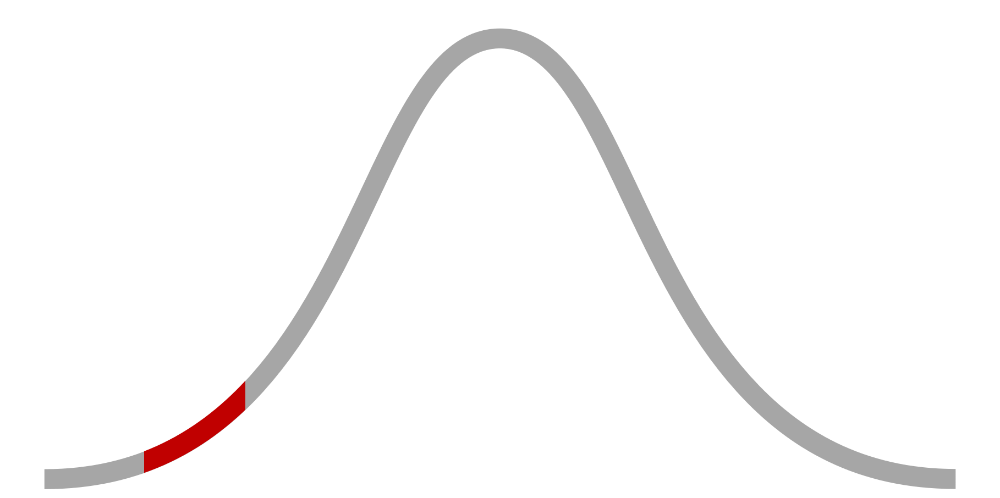Info
© 2026 Feels Co.
 Summary & key points
Summary & key points
Jim questions William about Delos investing in the Westworld theme park.
 Summary & key points
Summary & key points
In El Chombo's hit 2006 song called Chacarron, it is difficult to understand the lyrics for most of the track. This includes the repetitive chorus, as shown in the 90-second sample.

 Summary & key points
Summary & key points
In Superman (2025), Lex Luthor blew a gasket after he learned that Superman escaped his prison. So much so, in fact, that Lex screamed out loud and began to throw things on the floor and at his soon-to-be ex-girlfriend.

 Summary & key points
Summary & key points
In season 1, episode 4 of the hit Netflix series Wednesday, the Addams teenager is shown dancing like she means it at her school's function.
 Summary & key points
Summary & key points
In season 1, episode 2 of The Summer I Turned Pretty (2022), Belly is picking up some snacks at the gas station when the cashier starts flirting with her. Unfortunately for Belly, she does not realize this is the case until much later in the interaction. By the time she gets in the car, Belly starts adjusting her hair and evaluating her physical appearance.

















